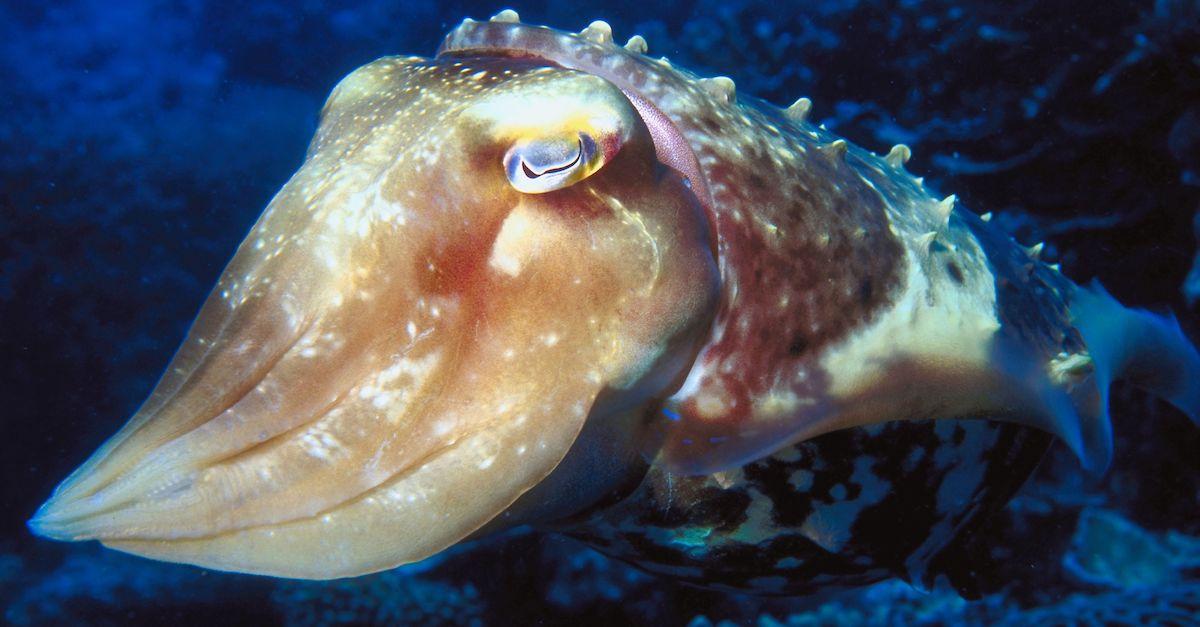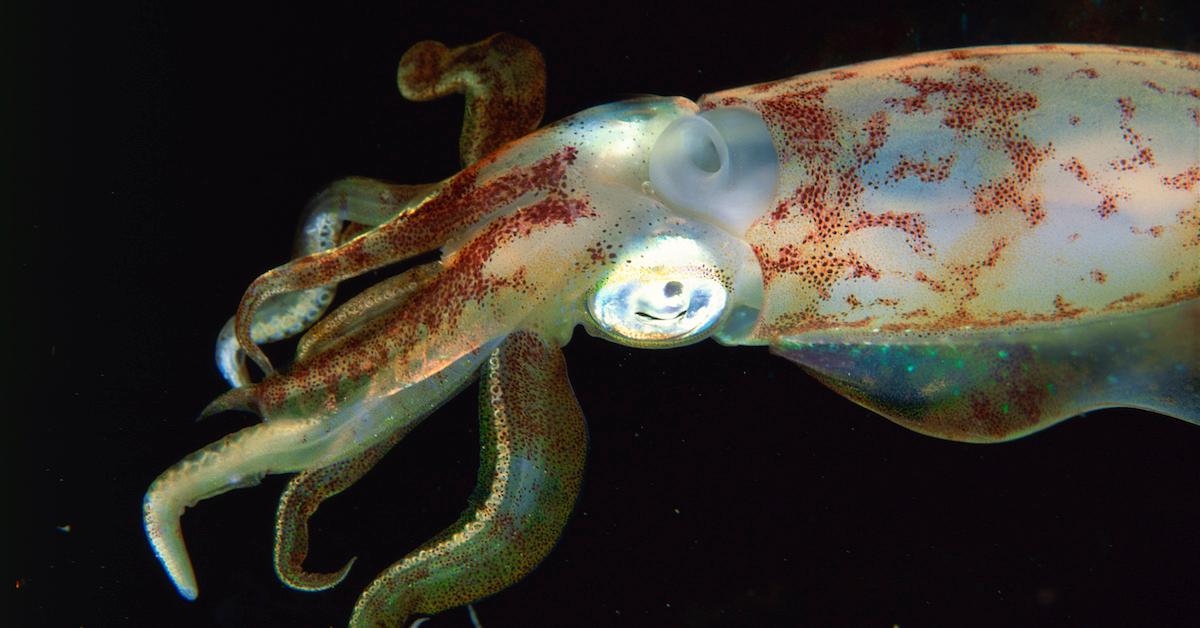Constant Marine Heat Waves Are Triggering “Squid Blooms” Along the West Coast
Published Feb. 4 2022, 11:29 a.m. ET

Heat waves affect marine life differently — long periods of almost-boiling water temperatures killed off mollusks and other marine animals in Canada during summer 2021, unlike algae, which thrives in hot water. Similarly, a recent report published by the American Fisheries Society last month, titled Evidence of Temperature-Driven Shifts in Market Squid Doryteuthis opalescens Densities and Distribution in the California Current Ecosystem, shows marine heat waves trigger squid blooms.
"We found a fivefold increase in the squid index of abundance across the entire spatial domain of the surveys during the sampling period, with the largest increases occurring in the Oregon and Washington strata. Although our model demonstrated that encounter rates and squid densities for the surveys increased in warmer and more saline waters, large shifts in squid distribution were only associated with deviations in ocean temperatures... characterized as marine heatwaves," the abstract reads.
The authors believe their study means we need to conduct more ecosystem assessment models, which will help predict species distribution changes and more.

What is a squid bloom?
A squid bloom is exactly what it sounds like. Per The Seattle Times, it refers to a dramatic increase in the squid population, particularly the breed called Market squid. And a recent study led by the NOAA, Oregon State University, and the University of California at Santa Cruz shows a five fold increase in across the West Coast from 1998 to 2019. Researchers believe this directly correlates to the ocean's increase in temperature and salinity — both of which are caused by global warming.
Right now, it's unclear how long this squid bloom will last, or how it will affect our oceans. Market squid feed on small fish, shellfish, and smaller squid, and feed larger fish, sharks, marine mammals, birds, and humans. They're about a foot long, live for about one year, and reproduce quickly.
“With this study, it was the first time we were able to see how the squid would respond during extreme warming events, like the marine heat wave,” NOAA scientist Mary Hunsicker told The Seattle Times.
“We know with climate change and warming temperatures coupled with increasing variability in the climate patterns, we’re going to see more of these extreme events," she continued.
Marine heat waves have become increasingly common since the 1970s, and they're likely to become increasingly common with global warming — though luckily, Market squids are evidently unfazed by this.

Right now, extreme marine heat waves are the "new normal."
A new study from the Monterey Bay Aquarium, which was published in PLOS Climate, looked at 150 years of data relating to the ocean's temperatures, and shows that marine heat waves and increased ocean temperatures are now the "new normal." Although this may benefit the Market squid, it puts coral reefs, seagrass, and kelp at risk — and therefore, the animals they feed at risk, according to NBC News.
“These dramatic changes we’ve recorded in the ocean are yet another piece of evidence that should be a wake-up call to act on climate change,” Kyle Van Houtan, who led the study, told NBC News. “We are experiencing it now, and it is speeding up.”
“Today, the majority of the ocean’s surface has warmed to temperatures that only a century ago occurred as rare, once-in-50-year extreme warming events,” he continued.
While climate change might have some seemingly neutral effects, like squid blooms, many of them are killing our oceans, one species at a time.
Green Matters’ new book, Green Living, is the perfect guide to living an eco-friendly lifestyle for people at every stage of the process. You can order Green Living here.